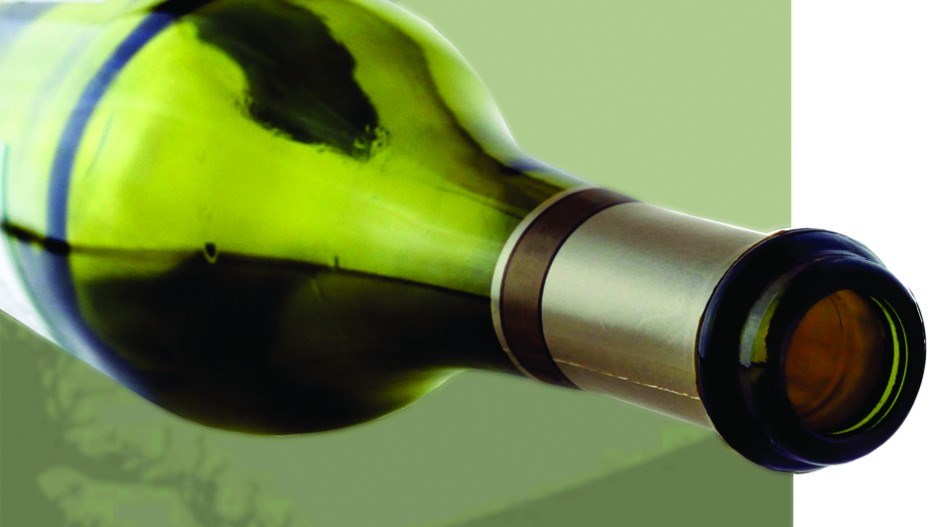Wine industry insiders are upset over B.C. government policies in the lead-up to a federal initiative to eliminate the law against carrying or shipping wine across provincial borders.
The federal legal change is expected to take effect later this month, leaving wine consumers and winery owners to deal with a patchwork of provincial laws governing how much wine residents can import from other provinces for personal use and whether they have to transport that wine themselves.
Rich Coleman, the minister responsible for the British Columbia Liquor Distribution Branch, said June 7 that B.C. residents can now import for personal use:
•nine litres of wine;
•three litres of spirits; and
•a combined total of 25.6 litres of beer, cider and coolers.
Previously B.C. residents could import no wine, spirits or beer from other provinces.
But it remains unclear whether those importation limits are per day, per month or per year.
When Business in Vancouver asked Coleman on June 13 to clarify when British Columbians must abide by his new limits, he said the policy's details are still being worked out.
The B.C. policy also conflicts with federal law.
The federal change comes thanks to private member's bill from Okanagan-Coquihalla MP Dan Albas, which passed unanimously on June 6.
But that bill only frees the transport of wine across provincial lines. It remains illegal to carry beer or spirits across provincial boundaries. Conviction carries a penalty of a $200 fine and, in default of payment, a three-month prison sentence.
"It's bizarre," Vintage Law Group partner Mark Hicken told BIV. "The B.C. government is saying, 'Go ahead and carry beer and spirits across the border' even though a federal law says that's a criminal offence."
Hicken also questioned Coleman's position that it's sufficient to simply state a new policy even though B.C.'s Liquor Control and Licensing Act or regulations that stem from that act have not been changed. "Policy is not law," Hicken said.
Coleman is clear that the government's new policy prohibits B.C. residents from buying alcohol via the Internet unless it's from a B.C. supplier. He wants to allow British Columbians to order wine from other provinces via the Internet, but before that can happen, B.C. must reach an agreement with Ontario to ensure that the same rules will apply in that province.
Liquor board representatives from all Canadian provinces met in Quebec City last week to discuss the impact of new rules on interprovincial wine shipments.
However, Coleman told BIV that "it would be a little naïve" to believe that those representatives would all agree on rules to allow interprovincial wine shipments, because many provinces are concerned about losing tax revenue.
Wine industry insiders and others across the political spectrum are now pressuring Coleman to take a leadership role and allow British Columbians to order Ontario wine via the Internet even before Ontario agrees to a reciprocal arrangement.
"B.C. should be the first province to allow residents to order wine and have it shipped from other provinces," Kalala Organic Estate Winery managing director Karnail Singh Sidhu told BIV.
Both Albas, who is a Conservative MP, and B.C. NDP leader Adrian Dix agree with Sidhu.
"I would be disappointed if we do see protectionism," Albas said. "People in B.C. should be making the decision, not people in Ontario."
Dix slammed Coleman for appearing to be "asleep at the switch." He expected Coleman to have had a clear policy ready to go as soon as the federal bill passed because the federal change has been expected for months.
"B.C. didn't use this issue at the western premiers' conference and drive that agenda, like Alberta did with energy issues," Dix said. "For small wineries, being able to ship wine across provincial boundaries could be a big boost, so we'd like to see that happen."•




